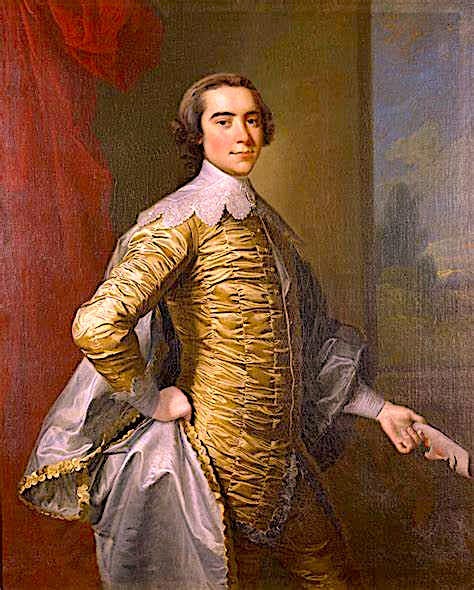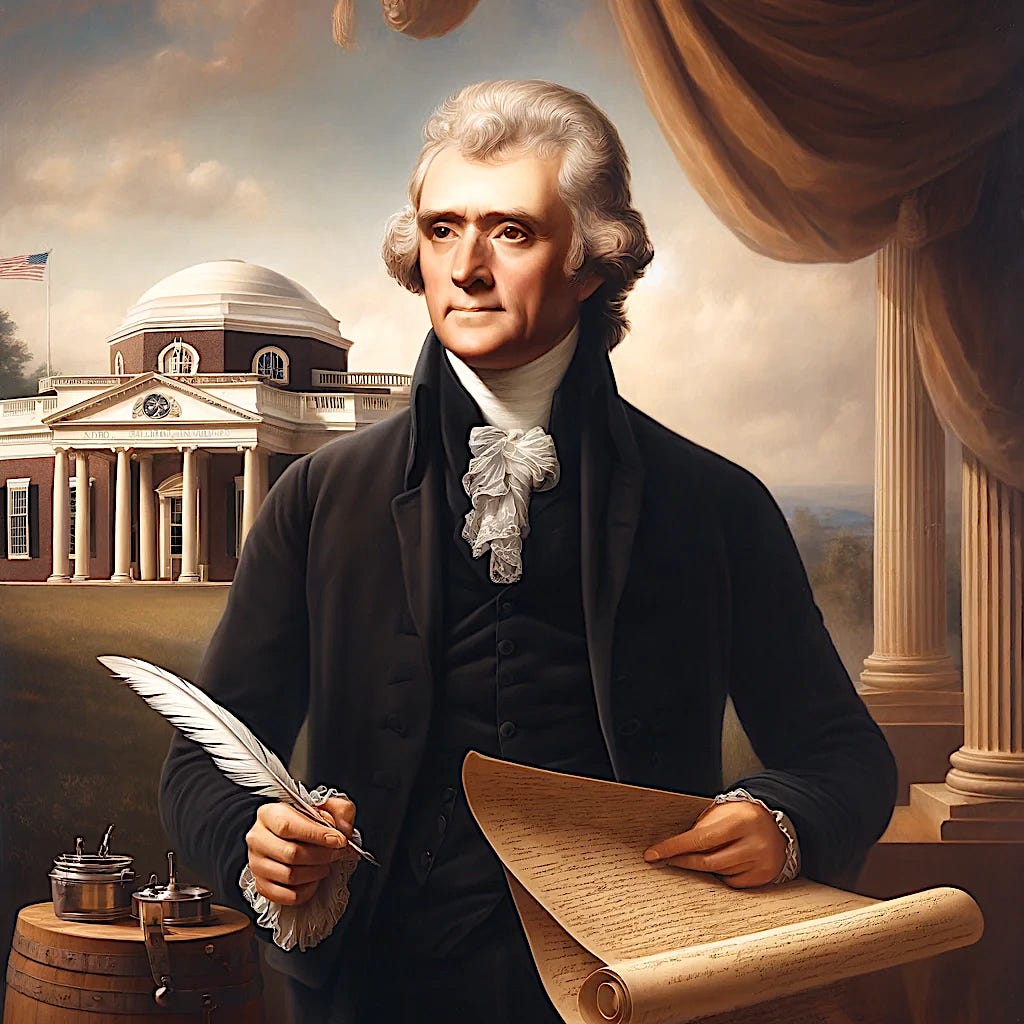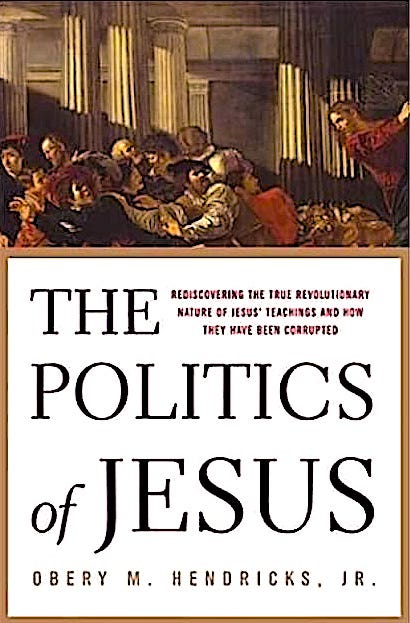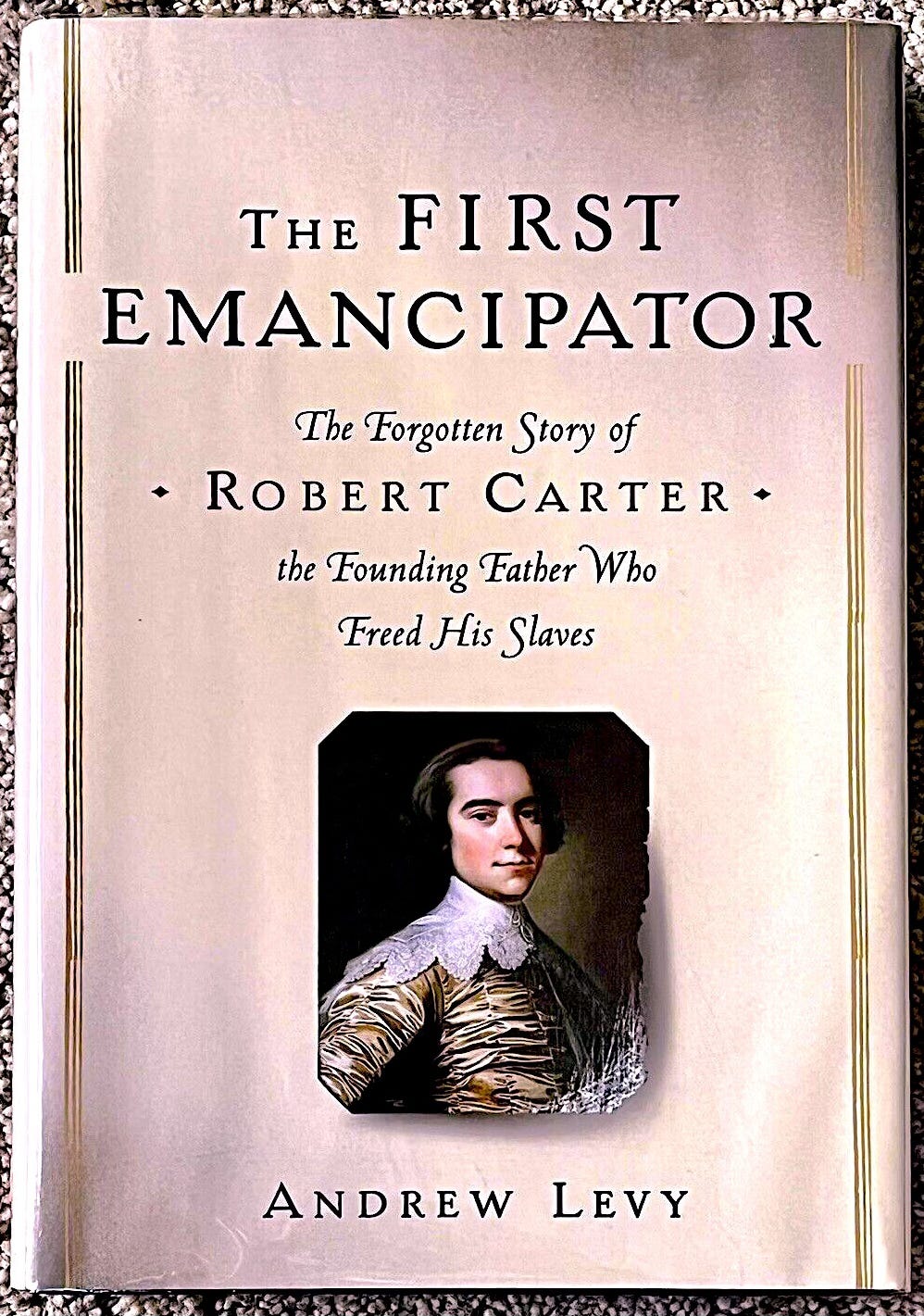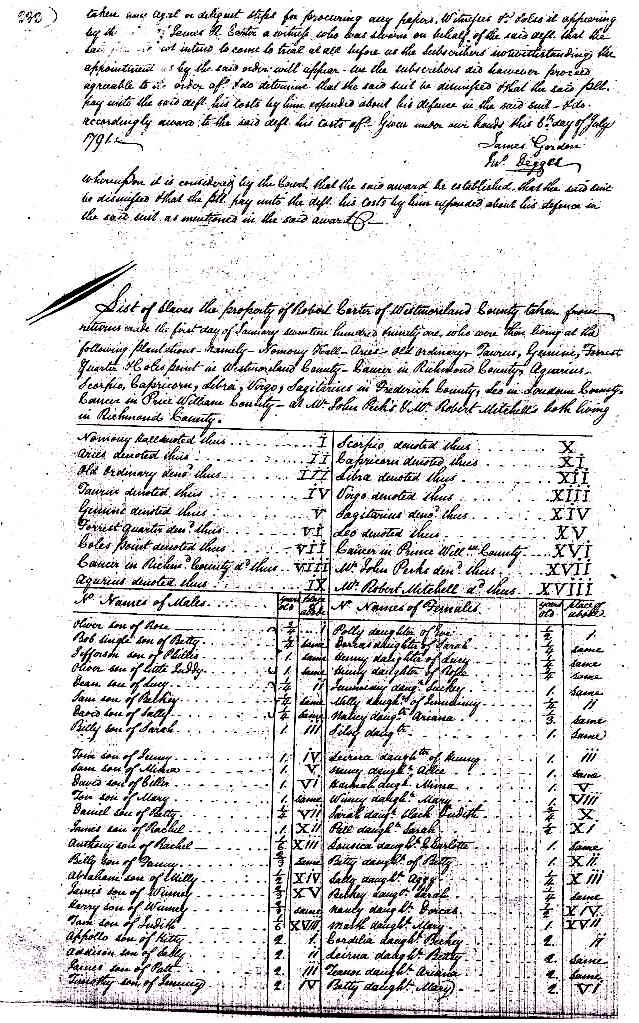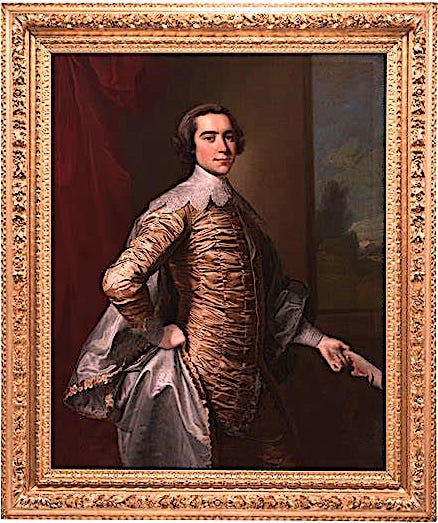THE RICH MAN WHO FREED HIS SLAVES AND GAINED HIS SOUL
The incredible but true story of Robert Carter III, America’s forgotten and first real emancipator
In the bonfire of 18th Century American history there were lesser-known events that got lost in the shadows and didn’t always make it into the textbooks. America was being birthed with the rapid contractions of wealth-building, cultural discovery, the pains of war, and the pursuit of freedom from religious persecution and the ireful repressions of European royalty. The typical American student can recite Revolutionary War flashpoints such as The Boston Tea Party, Washington crossing the Delaware, Paul Revere’s ride, and other tales of courage and endurance. In reality, The Revolution was a long eruption (1775-83) in the middle of cruel and complicated times.
It was also the Age of Enlightenment, which spread from Europe and informed our American Founding Fathers, notably George Washington, and Thomas Jefferson. The Enlightenment prized knowledge gained through empiricism and rationalism, which leads to improvements in social ideas and political ideals to be built on fraternity, liberty, natural law, progress, tolerance, constitutional government, and the formal separation of church and state.
Playing in the background of this Enlightenment was the hideousness of slavery. In ancient times, slavery was based on your caste at birth, indentured servitude to pay debts, and/or a consequence for being a prisoner of war. However, by the 1400s, slavery had evolved globally into an inhumane and ungodly industry of capturing mass numbers of people against their will and selling them as property. This is the brand of slavery that landed on colonial shores in 1619 and became ingrained in the business model of the New World. A handful of countries had outlawed slavery as far back as 1315, but it was not until the early 1700’s did the morality of slavery come into question in Colonial and European circles. By the time of the Revolution, an anti-slavery Abolitionist movement was afoot in key religious bodies, and that began to affect the Colonial gentry of leaders and influencers. One of these influencers was the ultra-rich Robert Carter III.
Born February 28, 1728, Robert grew up in the enchanted patriarchy of colonial Virginia, inheriting an empire of businesses and properties covering 77,000 acres. He attended college in Williamsburg at William & Mary, then to London to get a law degree at the Inner Temple, where he went rogue with gambling and other illicit conduct geared for the young and rich.
Then in 1754 he came home to marry the beautiful Frances Ann Tasker, daughter of the (also wealthy) former governor of Maryland, and they had seventeen children (12 reached adulthood). This happy marriage grounded Robert, who went on take a serious interest in politics and to successfully manage his business from his huge mansion, Nominy Hall. His social life was an itinerary of endless ballroom dances, gaming, and indulgences in art, literature, and music. He mastered the harpsichord and performed with his violinist friend Thomas Jefferson.
Robert’s neighbors and peers included The Lees, aristocratic forebears of Robert E. Lee, and George Washington, with whom Robert shared a pastor. As for religion, they were children of The Enlightenment and identified with Deism, the rationalist belief in an impersonal God. The Deists identified with Christian virtues, and their piety was rooted in Christ’s gospel and the need for social justice. However, their expression of faith did not allow for divine miracles as described in The Bible. If they couldn’t see a miracle and measure it with their own minds, the miraculous was either a fraud for the gullible, or an inexplicable event merely waiting for a hard, rational explanation. Deist theology was also the flavor of the day with the dominant, most proper Anglican church, then tainted by hypocrisy and worldliness. Every Sunday many of the Founding Fathers went to church to hear a 20 minute sermon, then spend the rest of the day “fellowshipping” to network on business deals and ways to lobby government for their own ends.
Then, in June 1777, Robert’s comfort zone of commerce and religion came to an end. After suffering from a fever due to a smallpox inoculation, he reported a “most gracious Illumination” of his spirit. From there he devoted his time to copious reading of holy books, hours of prayer, and journeying (often alone) hundreds of miles to hear preachers of all denominations, then regarded as illiterate upstarts by Robert’s fellow Anglicans. In July he publicly confessed to belief in the full divinity of Christ. A year later he wrote Jefferson to “disclaim” all doubt and, by extension, disown their Deist beliefs. Jefferson thought his friend had gone daft, but the Virginia aristocrats grudgingly tolerated Carter’s “born again Christian conversion” because of his wealth and influence.
Robert’s change of heart went beyond the theatre of piety and church-going. His slaves counted at around 500 people—more than Jefferson and Washington combined. Slaves had overseers (supervisors) who administered discipline over work slippage and disputes. Robert began to intervene in the overseeing, which grew into a full defensive posture for his slaves. Then he began to worship with Baptists, who invited “Muslims, infidels, and hereticks” to worship in integrated services where black and white worshipped equally. Baptists were considered scandalous by Anglicans, who persecuted the outliers with bogus legal claims and exclusion from society.
Up to this time, Robert paid no mind to the religious impulses of his slaves. Now he became fully enriched in their experiences. The Declaration of Independence declared that “all men are created equal,” regardless of skin color. Motivated by his spiritual epiphanies and his professional connection to the writers of The Declaration of Independence, Robert moved forward to do what none of the other Founding Fathers dared to do. On September 5th, 1791, he wrote a straightforward legal document called The Deed of Gift, which effectively gave his 500-plus slaves freedom. It was the largest number of freed slaves of the time and decades before the 1865 Emancipation Proclamation.
Moreover, Robert made financial provisions for ex-slaves to transition to paid work, education, and housing. He even turned down wealthy white tenants to reserve houses for his impoverished ex-slaves. Inevitably, there was a backlash from white contemporaries who feared a bad precedent. Jefferson and other influencers accused Robert of “subversion” and expressed fear for white laborers losing their jobs. Some northern states had already outlawed and dismantled slavery, but in Virginia and southern states, slavery still represented wealth and power. Attempts were made to sabotage the Deed of Gift but it ultimately prevailed as an effective landmark precedent.
Unfortunately, Robert was gradually ostracized from his business network and it cost him financially as well as socially. He eventually moved to Baltimore to escape the controversies, dying nearly alone in 1804. He was a humble man who partially engineered his own obscurity, but the Deed of Gift was so successful and unconventional for the times, his testimony was buried beneath the larger legacies of the Founding Fathers.
I happened across this hidden history in the 2006 book “The Politics of Jesus” by Bible scholar Obery M. Hendricks, who cites Carter as a role model of what it really means to be a “new creature in Christ” according to the words of Apostle Paul. I also recommend reading Andrew Levy’s “The First Emancipator—The Forgotten Story of Robert Carter III” (2005), the definitive scholarly book on this topic.
On that note, Robert’s story motivated me to write a song in time for his birthday:
Robert’s children eventually moved his remains to what was left of Nominy Hall, now a windblown remnant of grandeur. Nominy is closed to the public, but you can be invited to visit and see intact graveyards for the Carters and their slaves. It was Robert Carter’s reward to serve God and see the majority of his slaves go on to full and amazing lives as free men, equally blessed by God. Robert’s holy strategy continues to set an example on how we can act for justice and mercy today.
(This article © 2025 by Johnny J. Blair)
#robertcarter #robertcarterthethird #americanrevolution #emancipation #abolition #history #georgewashington #thomasjefferson #oberyhendricks #andrewlevy #virginia #deedofgift #slavery #freedom





